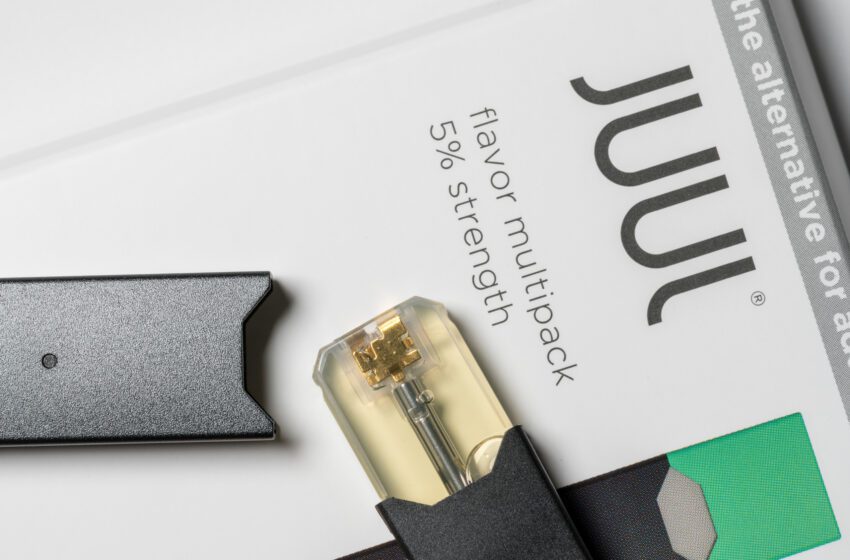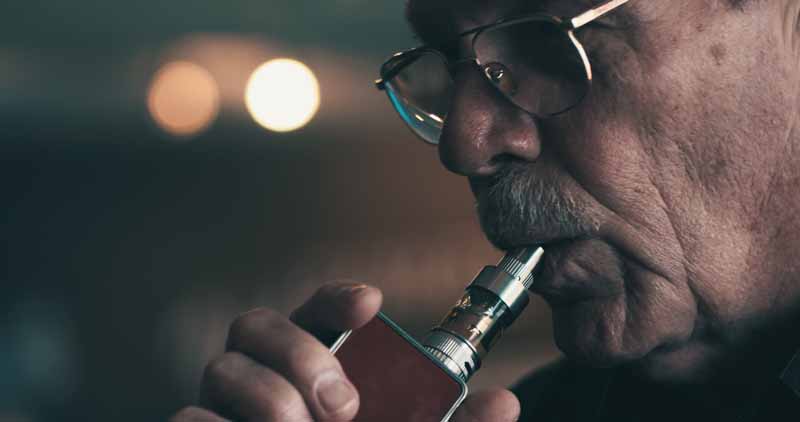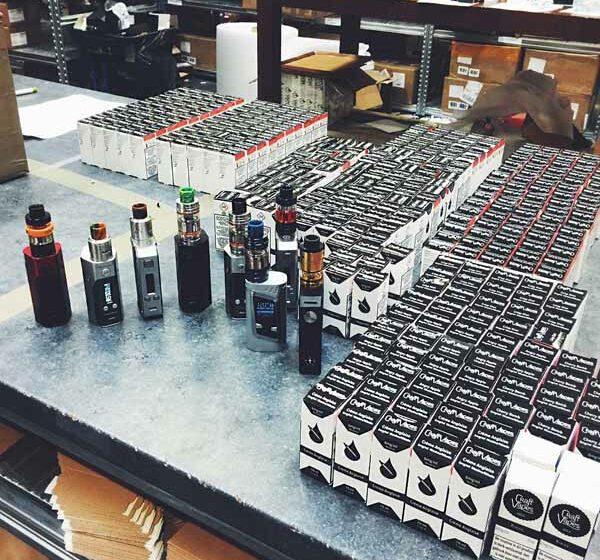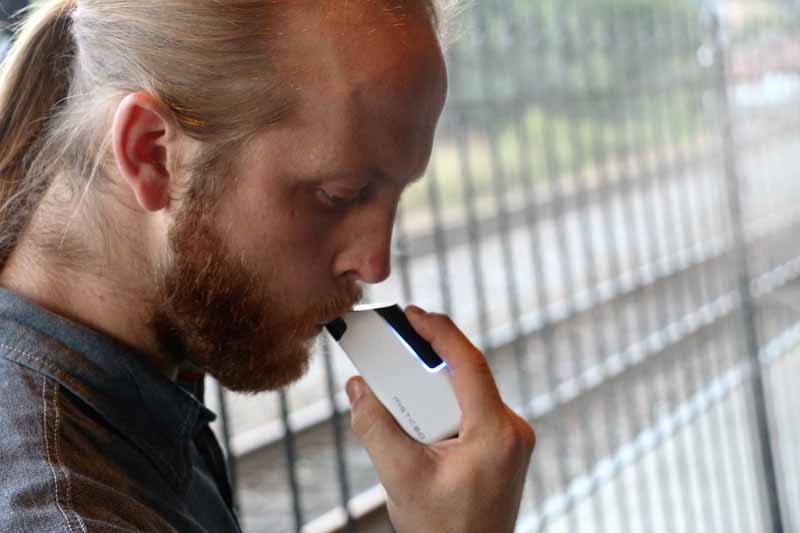Avail Vapor has hired Ramesh Srinivasan as business development director for scientific services.
Srinivasan is tasked with engaging and supporting companies looking for help regarding the U.S. Food & Drug Administration’s rapidly approaching submission deadlines of their harmful and potentially harmful constituents (HPHC), and premarket tobacco applications (PMTA). In anticipation of these requirements, Avail’s team of experts has spent the past five years developing a comprehensive portfolio of scientific services to meet the needs of electronic nicotine delivery systems (ENDS) manufacturers across the industry.
“We continue to rapidly grow our portfolio of scientific services, and we are investing in more resources to help companies who will ultimately define the future compliance state of our industry working with the FDA and bringing Ramesh onto our team is part of that strategic investment,” said Russ Rogers, chief operating officer at Avail.
Srinivasan brings to the position more than 20 years of experience in scientific business development and will be responsible for providing companies a turnkey solution to meet their needs with a proven science-driven approach to testing for HPHCs, good manufacturing practices (GMP), as well as additional analytical lab testing and resources critical to the PMTA process.
“Several factors such as cost, timing, efficiency and turnkey solutions are all things manufacturers are considering in relation to all of these FDA required submissions including PMTA,” Rogers said.
“Cost is such a key consideration in all of this, and Avail has developed what we believe is a PMTA model that will efficiently deliver the necessary and sufficient information to the agency, while controlling costs that can otherwise quickly get into the tens of millions of dollars for companies.
“We truly hope to partner with more of the best-of-the-best, to help ensure that those who emerge from the PMTA process successfully will define a responsible and long-term sustainable industry.”










